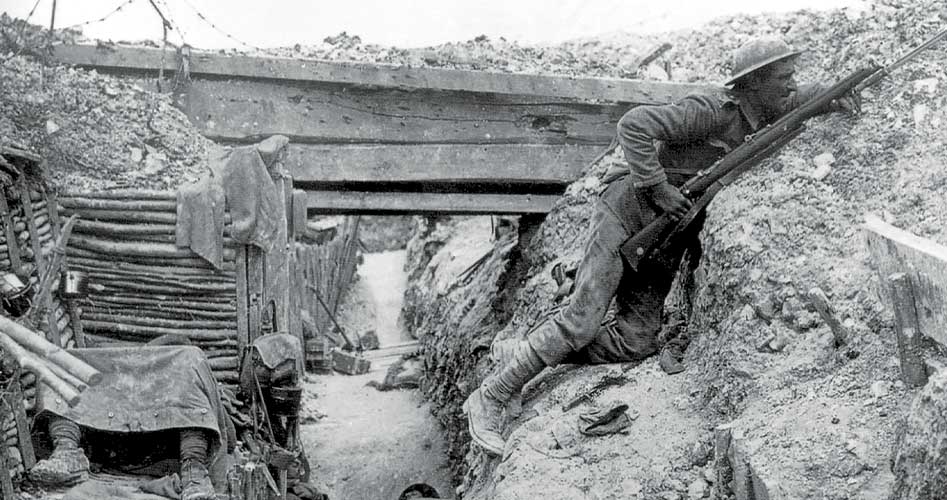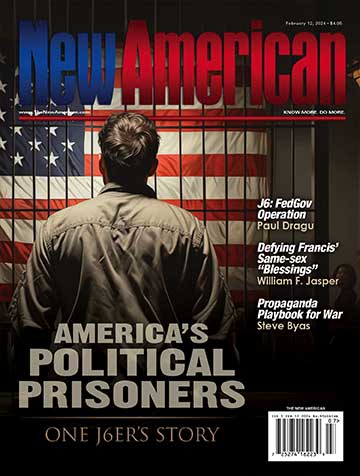
Propaganda Playbook for War
In 1935, retired U.S. Marine Corps Major General Smedley Butler published a short book based on a speech he had been delivering in recent years. The book by the two-time Medal of Honor award winner was titled War Is a Racket.
General Butler explained, “War is a racket. It has always been. It is possibly the oldest, easily the most profitable, surely the most vicious.” While Butler was naturally most concerned with American involvement in war, he noted, “It is the only one international in scope.” This “racket,” Butler continued, “is best described, I believe, as something that is not what it seems to the majority of the people. Only a small ‘inside’ group knows what it is about. It is conducted for the benefit of the very few at the expense of the very many.”
How the general population is persuaded to support something — a war against their own self-interest — is the result of certain techniques of persuasion that were the subject of the 1939 book Propaganda for War: The Campaign against American Neutrality, 1914-1917 by University of Oklahoma history Professor H.C. Peterson. This book details how Americans were finally dragged into the First World War despite there being no apparent threat to the United States. Of course, this “playbook” was used prior to WWI to get America involved in the Spanish-American War of 1898, principally by the “yellow press” newspapers of William Randolph Hearst and Joseph Pulitzer, but at least that war involved an island, Cuba, less than 100 miles from our shores. The war in Europe, on the other hand, was thousands of miles away and fought by European nations that had been fighting each other for centuries. While the wars between Great Britain and France in the 17th and 18th centuries did have a rather strong impact on the Colonies of the British Empire, it is difficult to imagine just how the outcome of WWI would make much difference to the United States.
JBS Member or ShopJBS.org Customer?
Sign in with your ShopJBS.org account username and password or use that login to subscribe.

 Subscribe Now
Subscribe Now
- 24 Issues Per Year
- Digital Edition Access
- Exclusive Subscriber Content
- Audio provided for all articles
- Unlimited access to past issues
- Cancel anytime.
- Renews automatically

 Subscribe Now
Subscribe Now
- 24 Issues Per Year
- Print edition delivery (USA)
*Available Outside USA - Digital Edition Access
- Exclusive Subscriber Content
- Audio provided for all articles
- Unlimited access to past issues
- Cancel anytime.
- Renews automatically

